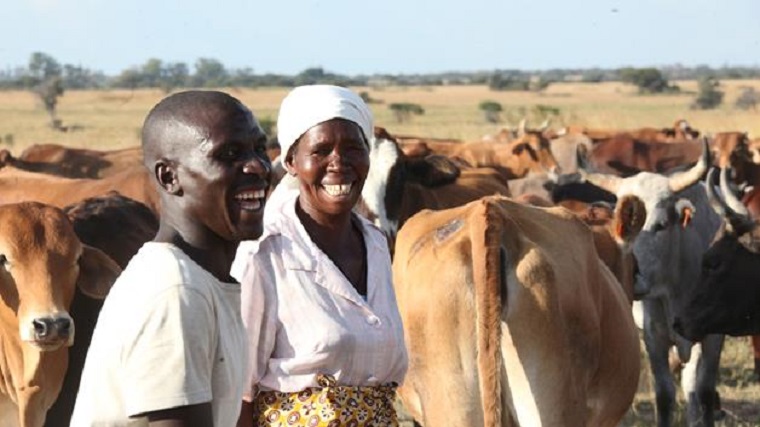As the economic situation in Zimbabwe continues to decline, the government has had to resort to gymnastic levels of innovation to overcome challenges around productivity, liquidity and access to capital.
Some of the innovations introduced in an attempt to deal with the economic downturn include the introduction of bond notes (the Reserve Bank Governor’s version of fictitious, locally printed money touted as equivalent to the United States dollar), the suggestion by the Minister of Education that school fees be payable in the form of livestock – that is, cattle and goats and new legislation to enable the owners of movable assets including livestock to use such movable assets as security for bank loans.
Traditionally, financial institutions prefer to give loans on the back of immovable security, that is, a home, a commercial property or land.
The rationale underlying this traditional approach is that immovable property is more secure than movable property because title deeds formally registered with the Deeds Registry can be presented as proof of ownership of the immovable property.
This leaves less room for a dispute as to whether the person who encumbered the property had the legal authority to do so.
Additionally, a mortgage bond can be registered in respect of immovable property to prevent the sale of the property before the loan has been fully repaid.
It is also impossible for the debtor to run away with an immovable asset.
All these factors combine to make immovable property more attractive as security for a loan than movable property.
The Movable Property Security Interests Bill seeks to disrupt the traditional approach to securitising loans by providing for the registration of movable property security interests.
In other words, the Bill intends to create a more secure framework for the use of movable property, such as cars, furniture, cattle and goats, as collateral for the repayment of loans.
According to the Parliament of Zimbabwe website, the Bill is part of government efforts to improve the ‘ease of doing business’ in Zimbabwe.
Continued next page
(171 VIEWS)







0 Comments